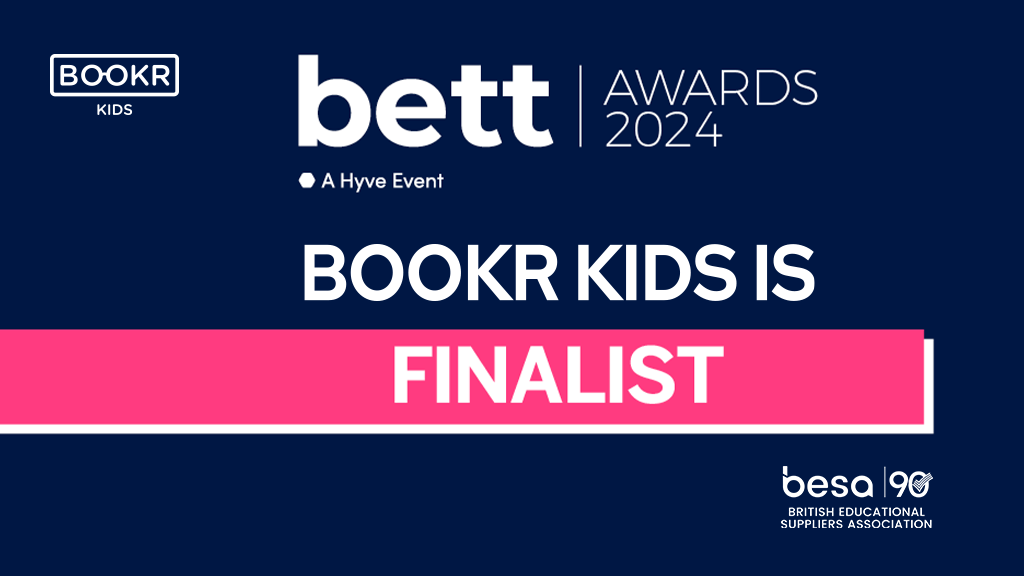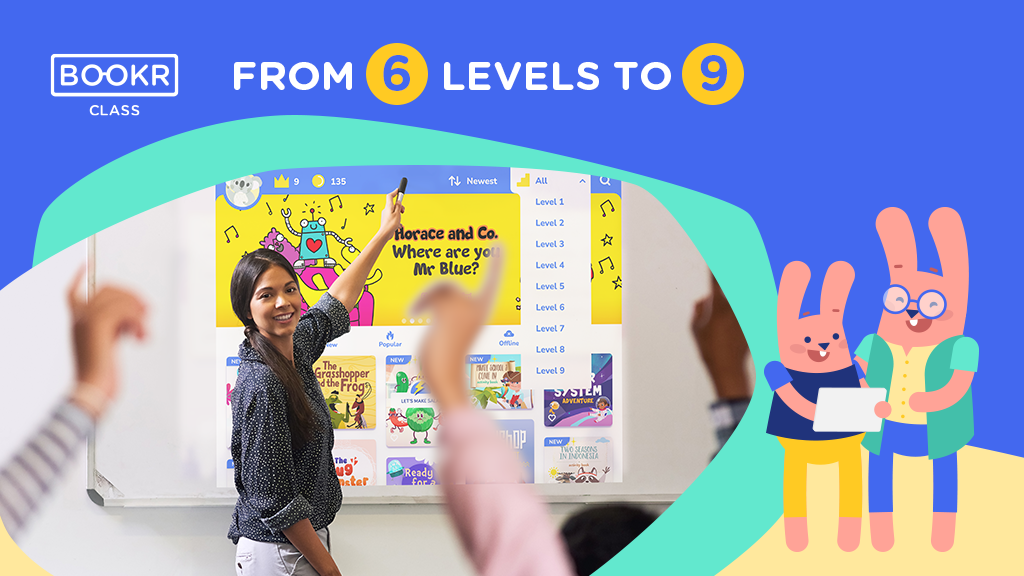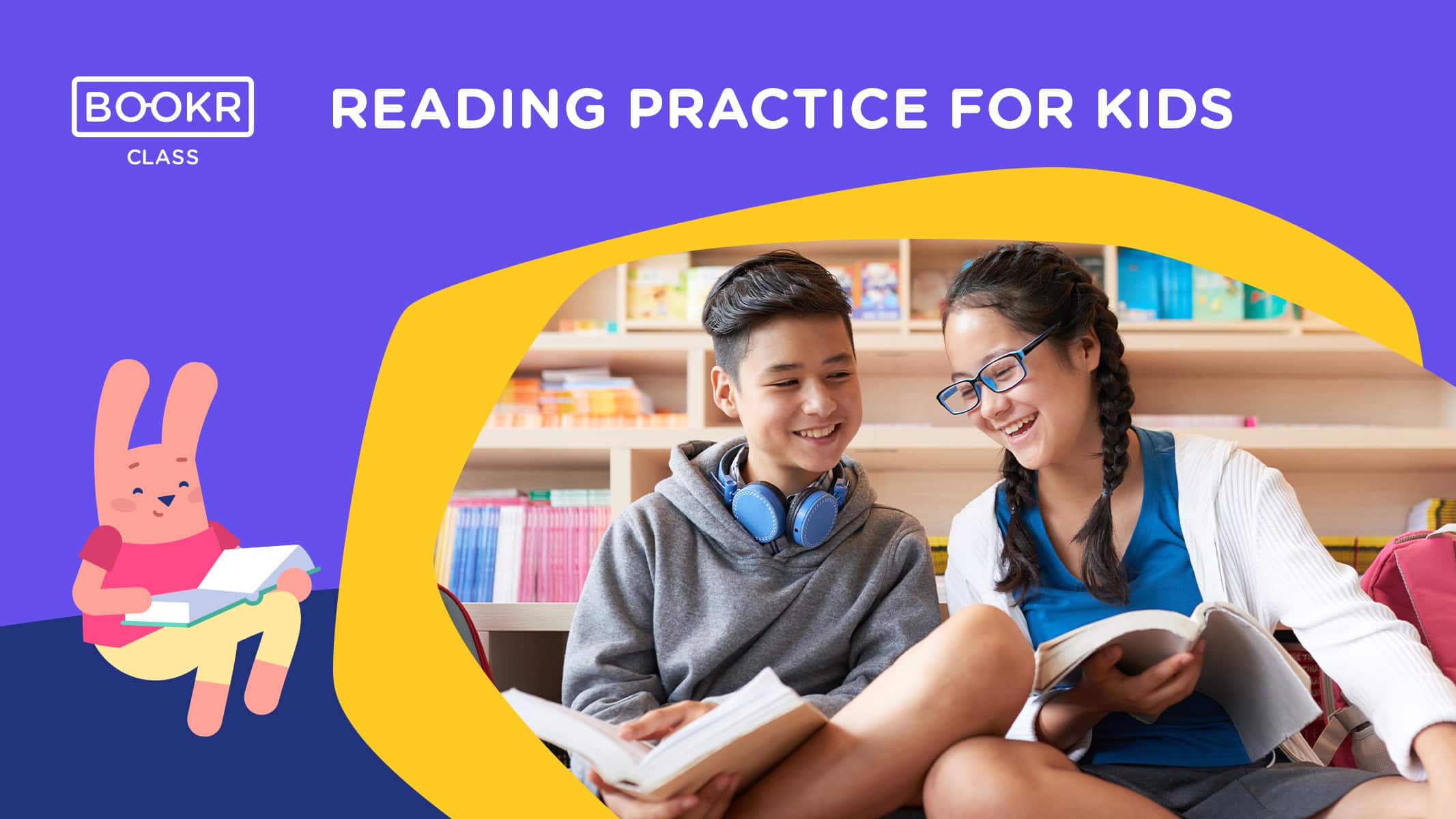4 Fun and Creative Valentine’s Day Activities for School to Celebrate Love and Friendship
Why not use this fun and culturally determining time to shake up your classroom and encourage students to discover the true meaning of love? Who knows, new romances may even have sprung up by the time the class is over.
This month, we’re offering 3 + 1 Valentine’s Day activities for school for a truly enjoyable and meaningful experience for your class.
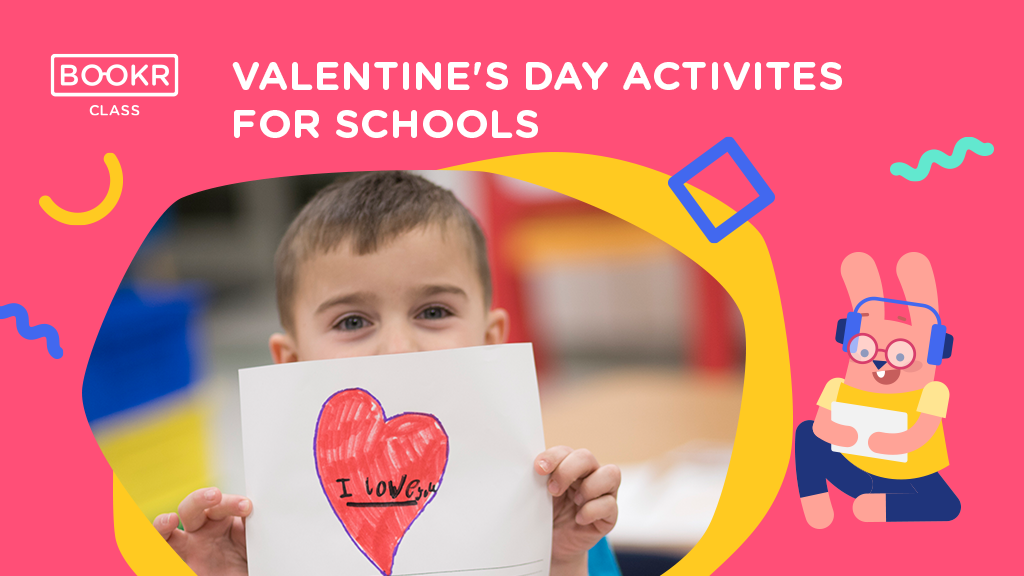
Table of content
This month, we’re offering three fun activities in the spirit of Valentine’s Day for a truly enjoyable and meaningful experience for your class.
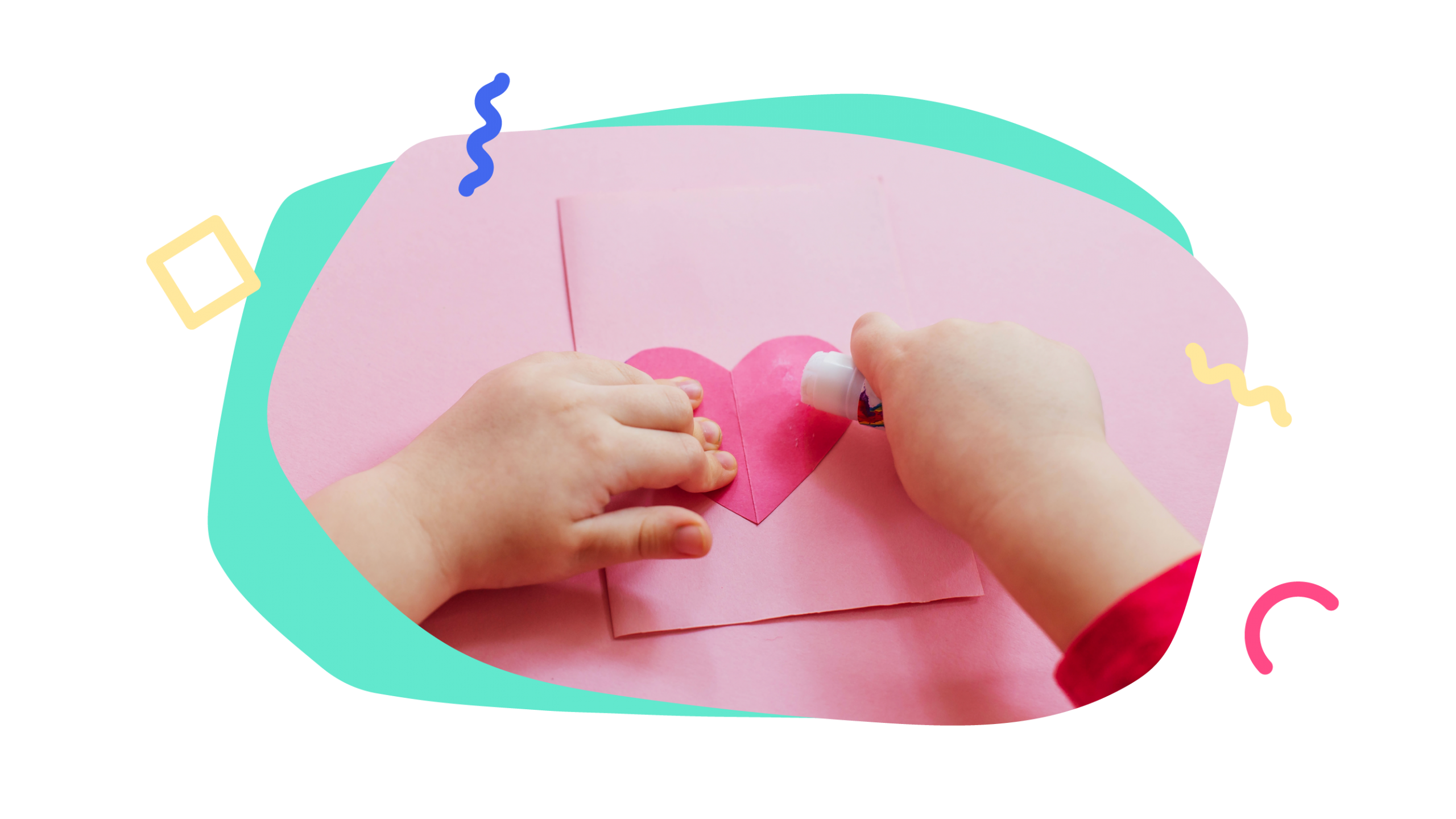
Why do we need Valentine’s Day activities for school?
Some might argue that Valentine’s Day is an artificial, commercialised, cheesy day only for couples. Elementary school Valentine’s games are very popular, but it is more difficult to come up with Valentine’s ESL lesson plans which positively engage older students. However, Valentine’s day provides more opportunities than we might initially think:

So please don’t hesitate to try out at least one of our Valentine’s Day’s activities in class!
Find Your Match
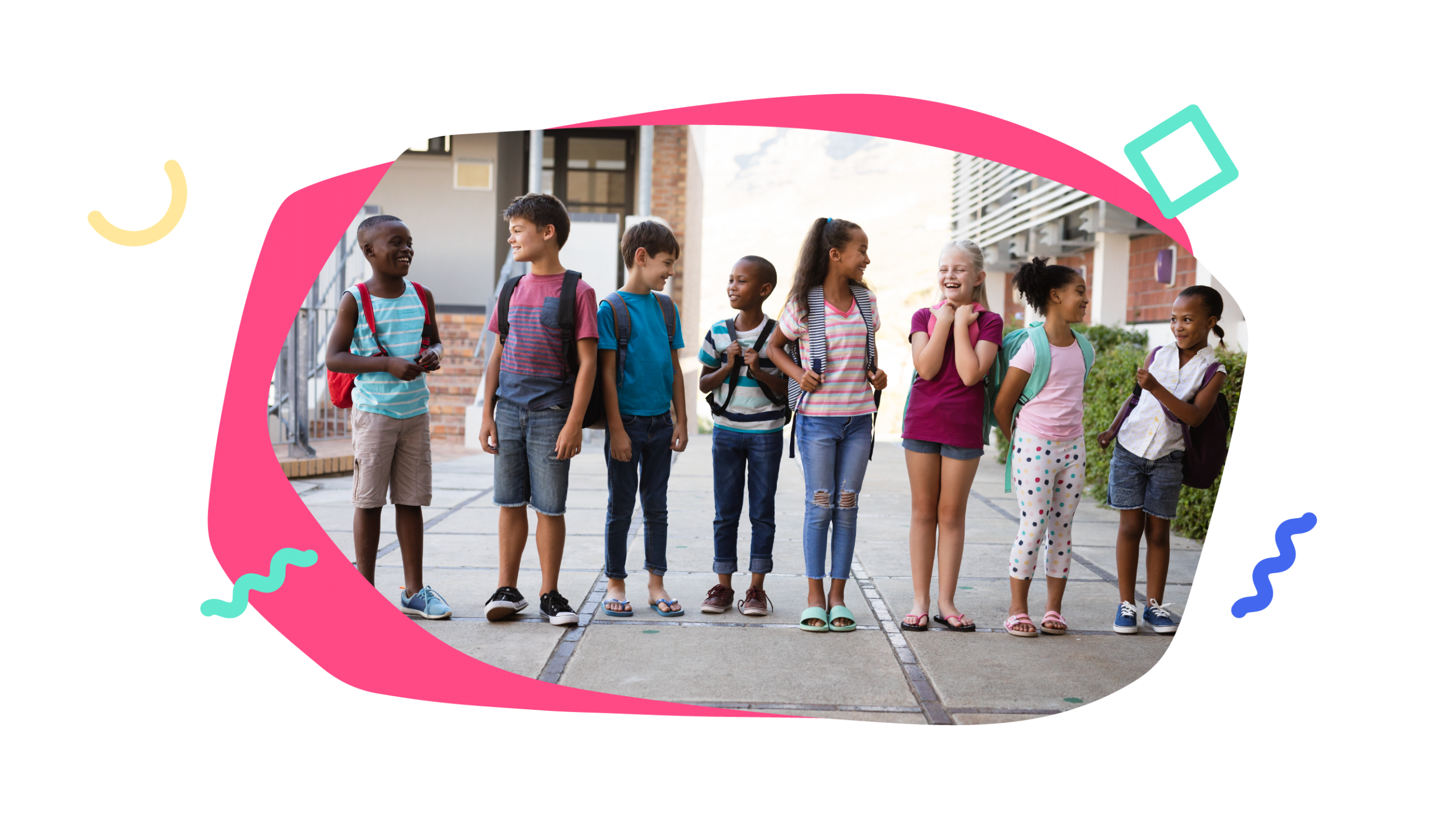
In this game, 14 characters are looking for the love of their lives. Students become one of these characters and mingle to get to know the others and find their perfect match.
Once everyone in the group has found their perfect match, each student introduces their new partner to the group. However, other people might know the chosen one better than the new partner does, so students need to pay close attention to what the rest of the group says.
If you have a bigger class, divide them into two groups of 10 students and work with them separately.
My Loved Ones
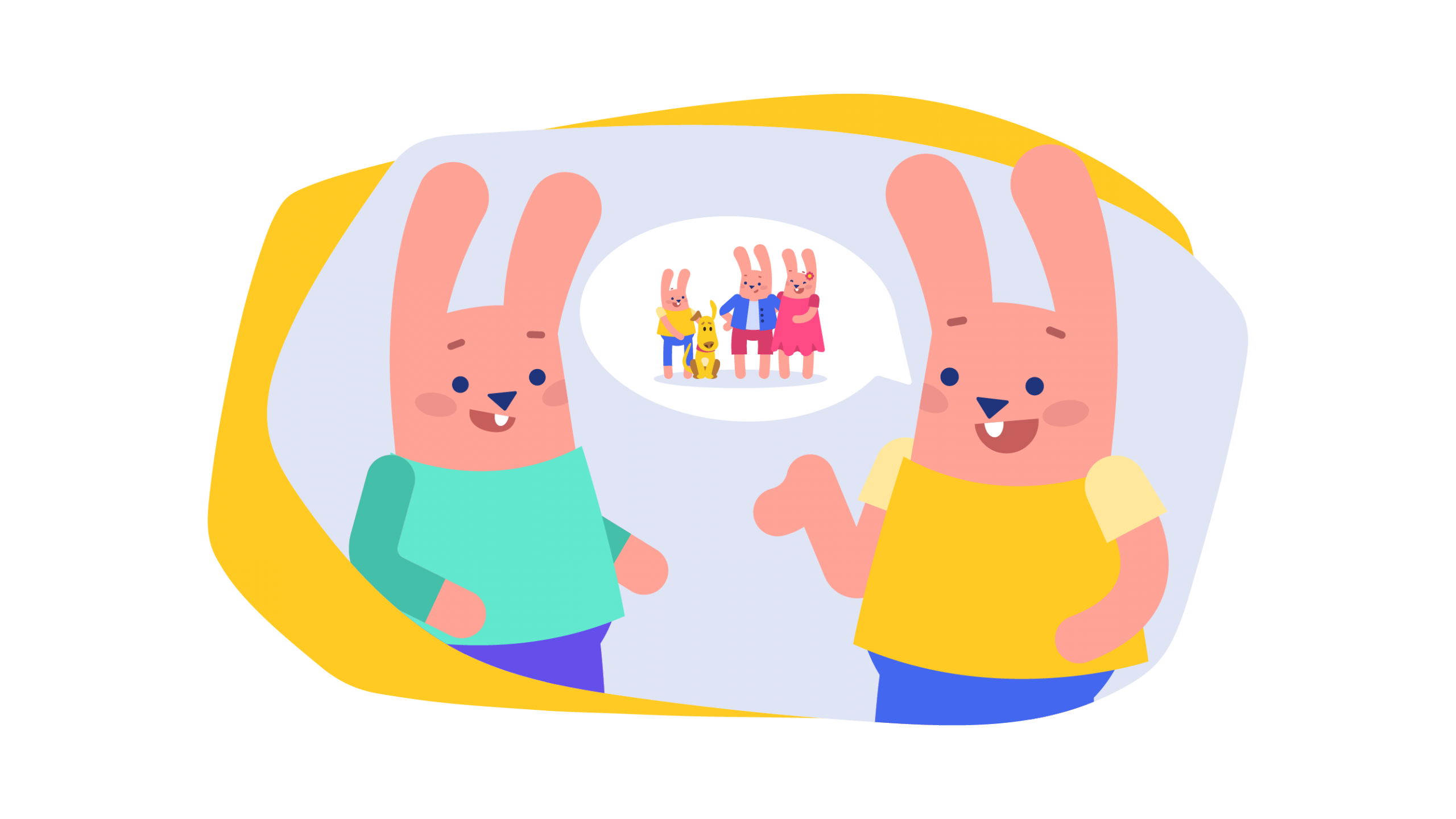
In pairs, students spend ca. 10 minutes working with the app and trying to formulate basic sentences/questions with the given word pairs (mother/mummy, father/daddy, sister/brother, baby/best friend, family/together, talk/help, hug/family photo, I love you/I miss you, nice/messy, friendly/funny, lazy/beautiful).
They can talk about their likes and dislikes, describe people or say general statements about themselves:
Love Bingo: 3×3
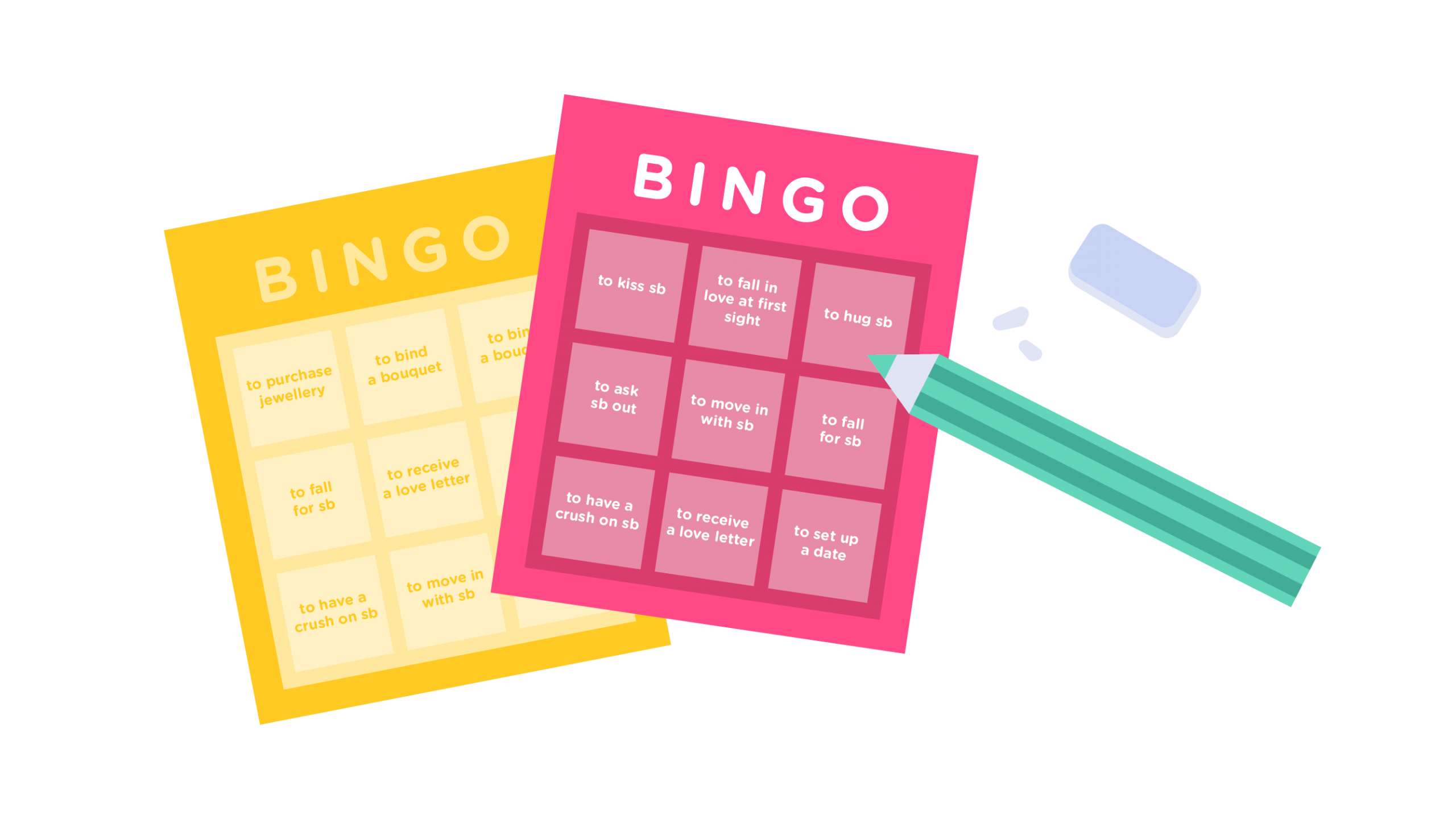
Use a projector or give the following list of words to the students and ask them to discuss (and translate into their first language) what they mean. Ask them to write down 9 expressions from the list into a grid and explain that you are going to play a game of bingo where they need to define the expressions.
When they find an expression on their paper, they need to cross it out. The first person with 3 expressions next to each other vertically, horizontally, or diagonally, wins the game.
Here’s a list of words you could use:
to hug sb, to kiss sb, to receive a love letter, to have a crush on sb, to confess your love to sb, to compose a poem, to purchase jewellery, to go on a date, to bind a bouquet, to go out with sb, to break up with sb, to make up with sb, to get to know each other, to ask sb out, to move in with sb, to fall for sb, to forgive sb, to split up with sb, to set up a date, to arrange a blind date, to use a pick-up line, to act like lovebirds, to fall in love at first sight
Match Made in Heaven
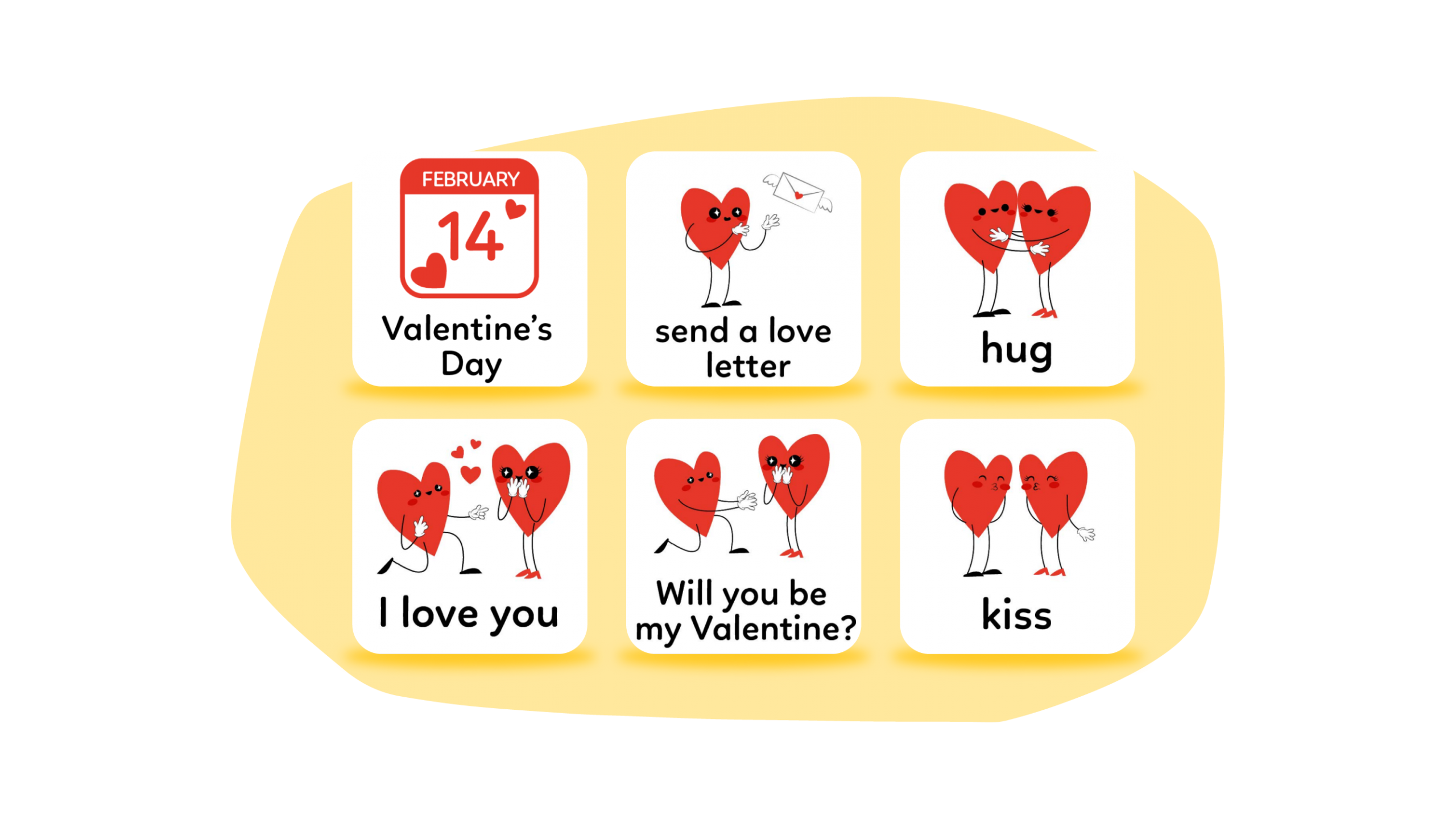
Flashcard sets are versatile; they can become a simple memory game, a fun activity for pairing up students through eliciting casual dialogue or a speaking activity to describe the character a student is looking for.
However, we don’t have to restrict ourselves to these activities. Alternatively we can rely on students’ knowledge of the couples and their lives to create a storytelling session in the classroom.
Understanding a story tailored to your students’ language proficiency level and knowledge makes this oral comprehension task even more effective and successful for everyone.
